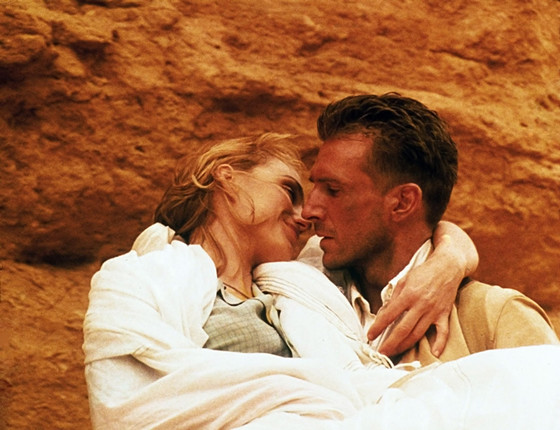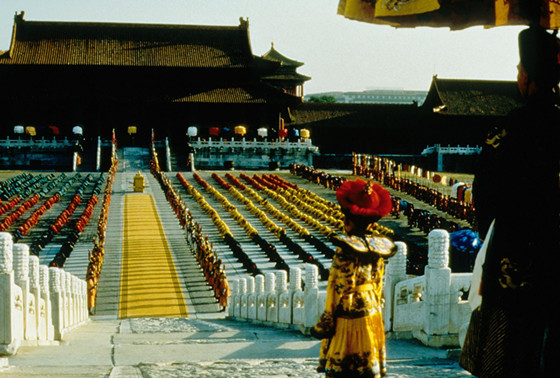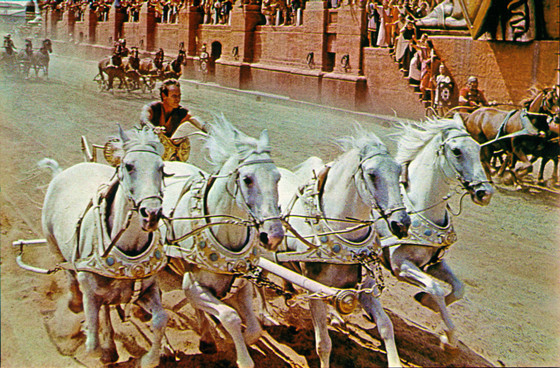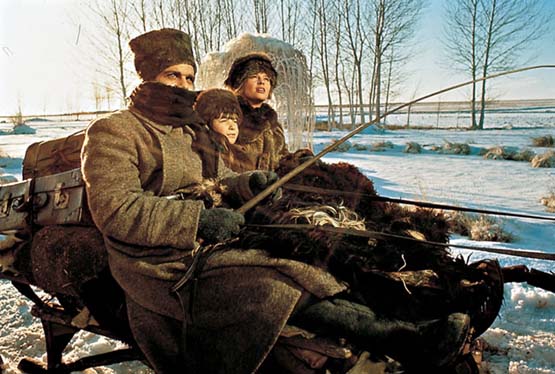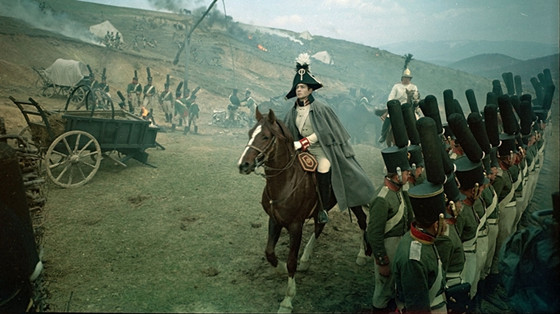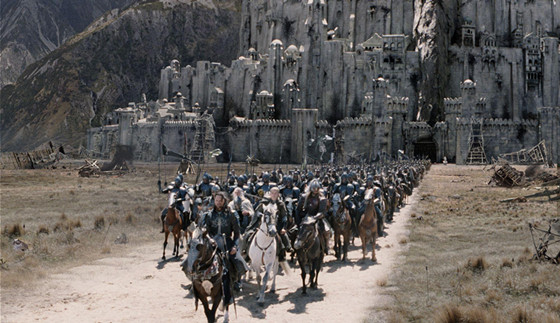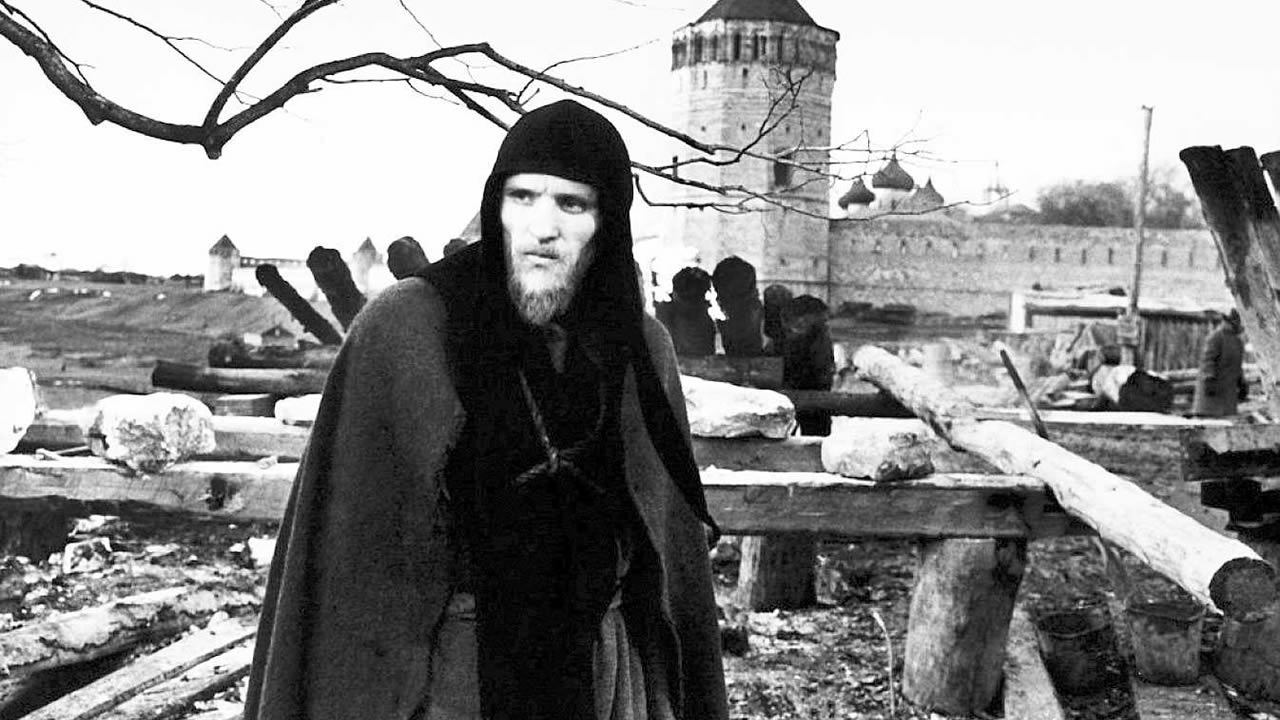
“But the question that everyone wanted answered was whether I would have the nerve and the strength to start the whole process from scratch. I said yes; otherwise I would be someone who had no dream left, and without dreams I would not want to live.”
From Conquest of the Useless: Reflections from the Making of Fitzcarraldo, by Werner Herzog
The greatest epics are movies unparalleled in magnificence. Their visions are only matched by the jaw-dropping spectacles they exhibit on screen. Every frame carries tremendous ambition that translates into piercing emotions for the audience.
These filmmakers had the audacity to dramatize their ideas in majestic splendor. They transport us from vast desert landscapes to the gaping void of space, from dismal jungles to countries torn apart by the drums of war. But there is something all of these epics share in common. However Homeric their journeys are, they all lead down a long, winding path into our humanity.
15. The English Patient (Anthony Minghella, 1996)
Critics have hailed this film as “the Casablanca of the late 20th Century”. Roger Ebert compares director Anthony Minghella’s visual bravado with that of David Lean. So what makes The English Patient earn such high praise?
It takes place in Italy in World War II. A nurse looks after a badly burned man, known only as the English patient. From the start, we are bombarded with intriguing character and plot questions, each and every one falling into place as the movie progresses. The story elegantly leaps in time, sweeping us like sand in a desert storm. When it finally settles, we feel as burnt as our title character.
The Conversations: Walter Murch and the Art of Editing Film recounts editor Walter Murch’s conversations with the author of the book, Michael Ondaatje. They give interesting views on movies and storytelling, and it is a must read for anyone interested in film editing. Ondaatje’s novel is also highly recommended.
Anthony Minghella’s adaptation is nothing less than a champion for flawless storytelling. Its greatest quality is the intimacy we are allowed to share with the characters.
14. The Last Emperor (Bernardo Bertolucci, 1987)
Bertolucci collaborated with master cinematographer Vittorio Storaro in many films . These include Last Tango in Paris and The Sheltering Sky. However, it is in The Last Emperor that they are both at their finest. The movie is a visual morsel, and it will make your eyes salivate from the first shot to the last.
This biopic tells the story of Pu-Yi, the last emperor of China. The film jumps back and forth across time, from his childhood on the Chinese Throne to his inevitable abdication, from his imprisonment to his release into a world that has left him behind. The film is not the royal tale of an emperor, but the life of a man and the history of a nation.
Bertolucci was given exclusive permission to film in The Forbidden City, a jaw-dropping palace complex built in 1420. It is now a UNESCO World Heritage Site.
The Last Emperor is a remarkable epic with arresting visuals and an amazing score to accompany them.
13. Ben-Hur (William Wyler, 1959)
It is a wonder that Ben-Hur remains as one of the most exhilarating films Hollywood every made, as it runs close to four hours.
Ben-Hur is the tale of a Jewish man seeking revenge against a terrible betrayal. The chariot race scene is a classic piece of action cinema. It took five weeks to film, with tour buses visiting the monumental set frequently. George Lucas cites it as his inspiration to create the famous pod-race scene in The Phantom Menace.
Ben-Hur is pure, enjoyable entertainment. The movie is a remake of the 1925 version, and another remake is due for 2016.
The biblical epic holds a special place in cinema history. Quo Vadis and The Ten Commandments are all fantastic examples of this subgenre.
12. Dr. Zhivago (David Lean, 1965)
David Lean is the unquestionable master of the epic film, and Dr. Zhivago finds him at his most sentimental.
Yevgraf Zhivago tells the story of his half brother, Dr. Yuri Zhivago, to young Tonya. Yuri, a poet and a doctor, experiences defining moments in 20th century Russia. History unfolds in the background of a tender and troubled romance. The film encompasses from World War I to the rise of the USSR.
As the novel, written by Nobel Prize winner Boris Pasternak, was banned by the Soviet Union, David Lean had to film the picture in Spain. Outside of Madrid, he built an entire Moscow. It is hard not to marvel at the impressive scope and detail of the movie’s set design.
The final scene in Dr. Zhivago is sheer brilliance, a moment where the entire film comes together in a subtle burst of emotion.
11. War and Peace (Sergei Bondarchuk, 1966)
Clocking in at a daunting eight hours, War and Peace is the most ambitious and expensive film ever produced in the Soviet Union.
A love story intertwines with Napoleon’s Invasion of Russia in 1812. Director Sergey Bondarchuk masterfully adapts Leo Tolstoy’s classic into a movie as spectacular as it is intelligent. It tracks characters trying to wade the raging river of history.
The epic required a record-breaking 120,000 extras. The Red Army was even mobilized to shoot the awesome battle sequences. The Battle of Borodino remains one of the best ever recreated.
War and Peace won the Academy Award for Best Foreign Picture at the time of The Cold War. It was allegedly taken away from the filmmakers by Soviet authorities.
War and Peace provides a guideline as to what an epic should be: a movie restricted only by the filmmaker’s vision and audacity. It is well worth its running time.
10. The Lord of the Rings trilogy (Peter Jackson, 2001-2003)
The odyssey to make Bad Taste prepared Peter Jackson to direct the films that would mark a generation.
The protagonists, no more than common folk fighting for the greater good, endure a perilous journey that puts their friendship to the test. The trilogy uses themes such as the bonds fellowship, and the prevailing power of hope, to create a fictional world more real to the audience than their own.
The third film, The Return of The King, won 11 Academy Awards, including Best Picture, Best Director, and Best Adapted Screenplay. J.R.R. Tolkien’s boundless imagination is given justice through the film’s scope.
Peter Jackson truly shows off his cinematic talent. His extraordinary use of montage to convey ideas and feelings at such mammoth scale helped establish the fantasy genre as one of the most important (and lucrative) at the start of the 21st century.
9. Andrei Rublev (Andrei Tarkovsky, 1966)
Andrei Tarkovsky is one of cinema’s heavyweights. His impressive repertoire of films, from Solaris to The Mirror, from Stalker to The Sacrifice, ranks him among the best directors that ever lived. Ingmar Bergman was a fan of his.
Andrei Rublev is Tarkovsky’s epic, and is nothing short of a masterpiece.
The film is based on an icon painter in 15th century Russia. It’s a story about an artist, a journey into the creation of art itself. Tarkovsky never spoon-feeds his audience, he doesn’t hold our hands, but only creates a subtle path for us to follow. We experience and feel its spiritual themes, not told about them.
Critically acclaimed as one of the best foreign films ever made, Andrei Rublev teaches us that an epic is ranked by the passion and ambition for the ideas behind it, rather than the money that backs it up.
